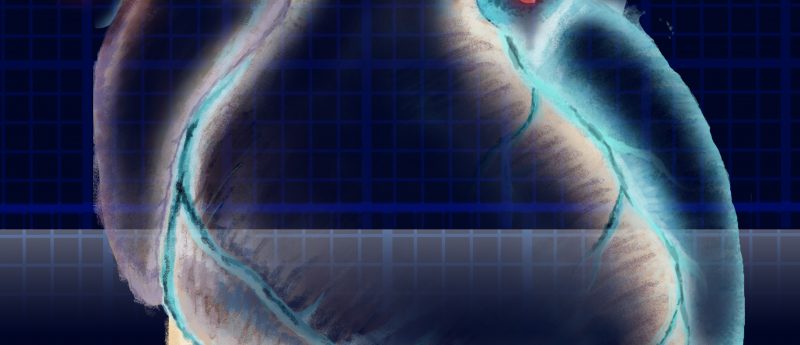Are we a step closer to personalized therapy for heart failure?

A molecule that could allow for more personalized treatment of heart failure (HF) has been identified by a multicenter study. The work, published in Nature Communications, is the result of collaboration between researchers from Indiana University (IN, USA) and Stanford University (CA, USA), the Charite University Medicine Berlin (Germany) and the University of Navarra (Spain).
Heart failure results when the heart is unable to supply the body with enough blood for the functioning of its organs owing to a malfunction. Over 3% of the adult population in Spain suffers from HF; a figure that is only likely to increase considering the aging population and the increase in the prevalence of diseases that can result in HF.
Invesitgator Javier Díez (University of Navarra) commented: “This is a great challenge for society: it is the leading reason for the hospital admission of over-65’s, the cause of 3% of all admissions and absorbs 2.5% of the global healthcare budget…In view of this challenge, on the one hand existing healthcare resources must be optimized in order to reduce the number of new cases and improve the prognosis and quality of life of HF patients, and, on the other, to research the mechanisms that produce heart failure in order to develop treatments that are more effective and safe that the ones that exist at present.”
The collaborative team of researchers demonstrated that fibrosis of the cardiac muscle is caused by an excess of lysyl oxidase-like 2, which impedes normal functioning of the heart and leads to the development of HF. Their studies confirm that the fibrosis can be repaired by eliminating this excess of lysyl oxidase-like 2, thus potentially preventing the onset and progress of HF.
“These results suggest that the lysyl oxidase-like 2 enzyme may be a target for the treatment of this disease,” reported Díez.
The team are pioneering research into cardiac biomarkers for HF. Following on from the elucidation of the activity of lysyl oxidase-like 2 will be work to development tests that can diagnose patients with heart disease according to the levels of this molecule in their hearts. The BIOMARCS research group at CIMA and the Clinica Universidad de Navarra will carry out these tests.
In addition, personalized treatment will be developed through the design of drugs that can inhibit lysyl oxidase-like 2. Díez explained, “This strategy may be particularly valuable in the 50% of heart failure cases for which there is no effective treatment at present. In these patients, the change in the performance of the heart is closely related to fibrosis of the cardiac muscle, and so the suppression of this enzyme is proposed as a very promising therapeutic alternative.”
Sources: Yang J, Savvatis K, Kang JS et al. Targeting LOXL2 for cardiac interstitial fibrosis and heart failure treatment. Nature Communications, 7, 13710 (2016).

